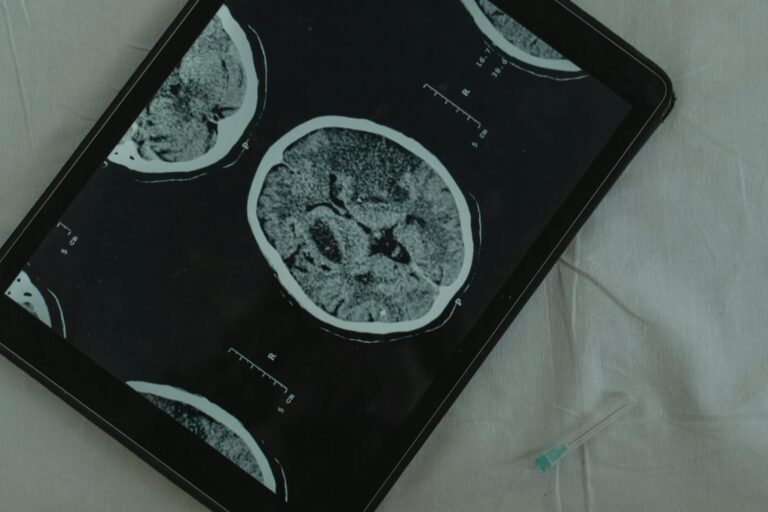Dementia is a term that many of us are familiar with, but do we truly understand its impact on decision-making capacity? This debilitating disease affects millions of people worldwide, and its effects go beyond just memory loss. In this article, we will explore what dementia is, how it affects decision-making capacity, and what can be done to support those affected by this condition.
What is Dementia?
Dementia is not a specific disease, but rather an umbrella term used to describe a group of symptoms associated with a decline in cognitive abilities. It is caused by damage to brain cells, which leads to difficulties with memory, thinking, behavior, and the ability to perform everyday tasks. Alzheimer’s disease is the most common type of dementia, accounting for 60-80% of cases.
Dementia is a progressive disease, meaning that it worsens over time. As the brain cells continue to deteriorate, the symptoms become more severe and can eventually lead to the inability to function independently.
How does Dementia Affect Decision-Making Capacity?
Decision-making capacity refers to a person’s ability to make sound and rational decisions for themselves. This includes understanding the consequences of their actions, evaluating different options, and communicating their decision.
As dementia progresses, it can significantly affect a person’s decision-making capacity. The damage to brain cells can make it challenging for individuals to understand information and process it. They may also struggle to recall information or make connections between cause and effect. This can lead to difficulties in making informed decisions.
Furthermore, dementia can also affect a person’s judgment and insight. They may not be able to recognize when they are making poor decisions or may not have the capacity to make decisions at all. This can greatly impact their safety and well-being as they may engage in risky behaviors without realizing the consequences.
Supporting Individuals with Dementia
As dementia affects decision-making capacity, it is crucial to provide support and understanding to those affected by this condition. Here are some ways in which we can support individuals with dementia:
1. Communication: Dementia can make it challenging for individuals to communicate their thoughts and feelings effectively. It is essential to be patient and use simple language when communicating with someone with dementia. Avoid using jargon or complex sentences, as this can further confuse them.
2. Involvement in decision-making: It is essential to involve individuals with dementia in decision-making as much as possible, even if they have limited capacity. This helps them feel valued and maintains a sense of control over their lives. However, it is vital to respect their wishes and not make decisions on their behalf without their consent.
3. Provide support and reassurance: As dementia progresses, individuals may become more unsure and anxious about making decisions. It is crucial to provide support and reassurance to help them feel more confident in their decision-making abilities.
4. Seek professional guidance: Seeking guidance from a medical professional or a dementia specialist can help understand the individual’s specific needs and provide appropriate support.
5. Create a safe environment: As decision-making capacity declines, the individual may need assistance in managing their day-to-day activities. Creating a safe and supportive environment can help them maintain their independence for as long as possible.
Legal Implications
The decline in decision-making capacity due to dementia raises legal concerns, especially when it comes to important decisions such as financial matters or healthcare choices. In such cases, individuals may need to appoint a power of attorney to act on their behalf. This is a legal document that allows someone else to make decisions on behalf of the individual with dementia.
It is necessary to make these legal arrangements while the individual still has sufficient decision-making capacity. Once their capacity is significantly impaired, they may no longer have the ability to choose who they want to act on their behalf.
In cases where there are no legal arrangements in place, family members may need to seek a court order to make decisions for their loved one with dementia.
Final Thoughts
Dementia’s impact on decision-making capacity can be challenging for individuals and their loved ones. It is essential to understand the disease and provide appropriate support, communication, and legal arrangements to help individuals maintain their dignity and autonomy.
Early diagnosis and intervention can also help delay the decline in decision-making capacity and improve the individual’s quality of life. As a society, it is our responsibility to create an inclusive and supportive environment for those living with dementia. With compassion and understanding, we can help improve the lives of those affected by this condition.





